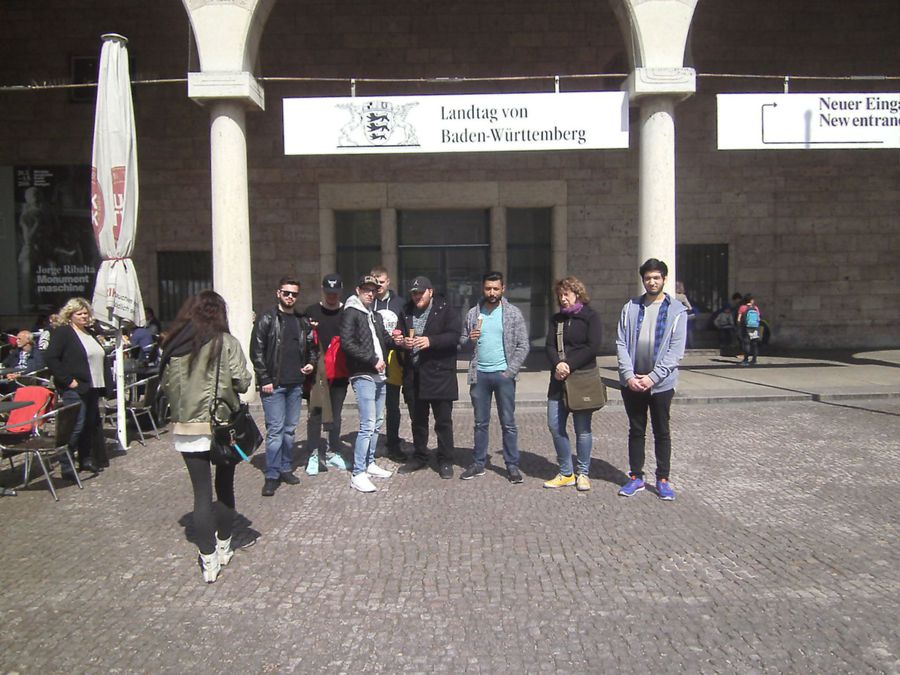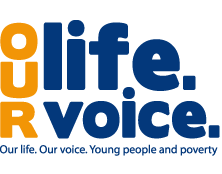02.05.2016

From 13-15th April participants from IB Frankfurt (Oder) met with participants from IB Stuttgart in Stuttgart. Unfortunately, the group of Dresden could not join the meeting. In general, Frankfurt (Oder) works on poverty related to nutrition and health, whereas Stuttgart focuses on migration and education. The meeting started with a summary of what has been achieved so far. The difficulties regarding poverty were analyzed. After that, the visit of the regional parliament of Baden–Württemberg (“Landtag”) was prepared in order to get in contact with politicians who are in the position to change structures of welfare, richness and poverty. To be prepared for the visit, the structure of the federal democratic system of Germany with the three elements Justice, Parliament and Government was presented and ways of getting involved in order to gain influence in the most important topics for the participants discussed. During the following day participants developed a poster about „role models“. They could choose between 15 famous persons who are engaged in peace, social and racial equality, democracy and protection of nature and environment and organisations like Greenpeace, Attac or Amnesty. Some of them were awarded with the Nobel Price for peace. The participants described the reason why they have chosen a specific person and their influence to make the word better. In addition to that, questions for the meeting with the politicians were prepared. During the meeting with the politicians, the federal parliament of Baden–Württemberg was introduced. After that, a role game was played to understand better the election system. Then the participants discussed with Mr. Tschenk, MP of the Green party of Stuttgart. He explained how he became a politician, in which parliamentary committees he is active and answered the questions about the situation of migrants, and about the concerns towards the increase of the new right-wing- party. Friday started with a reflection of the visit to the “Landtag”. As a result, conclusions for the project were developed and next steps defined. Conclusions: The participants got a insight into the structure of the regional parliament. For most of the participant the content of the meeting was new and they were very interested. However, to understand the political system is very difficult if participants are not interested in politics – although the existence of the youth clubs where they are active is influenced by the political system and depend on it. Consequently, it is not easy to develop questions. Furthermore, some participants cannot participate in the political life because they do not have a German or other EU passport. A precondition when choosing and discussing role models is the fact that the participants do have to know them. Due to the young age as well as the different social/cultural background or orientation of the participants, it might be that they do not know them. So, it was easier for the participants to work in teams of two persons. Malala Yousafzai has been chosen by the Pakistani participant, because he knows her and they have the same nationality. She is known mainly as activist for human rights advocacy for education for girls. She got the Nobel Price 2014. Role models might be easier to find in music, business or sport, as in politics. Role models like a family member, a teacher or a friend from a migrant´s organization might be much closer to the participants. So the given role models might have been too „famous“ for the participants to identify themselves with them.







